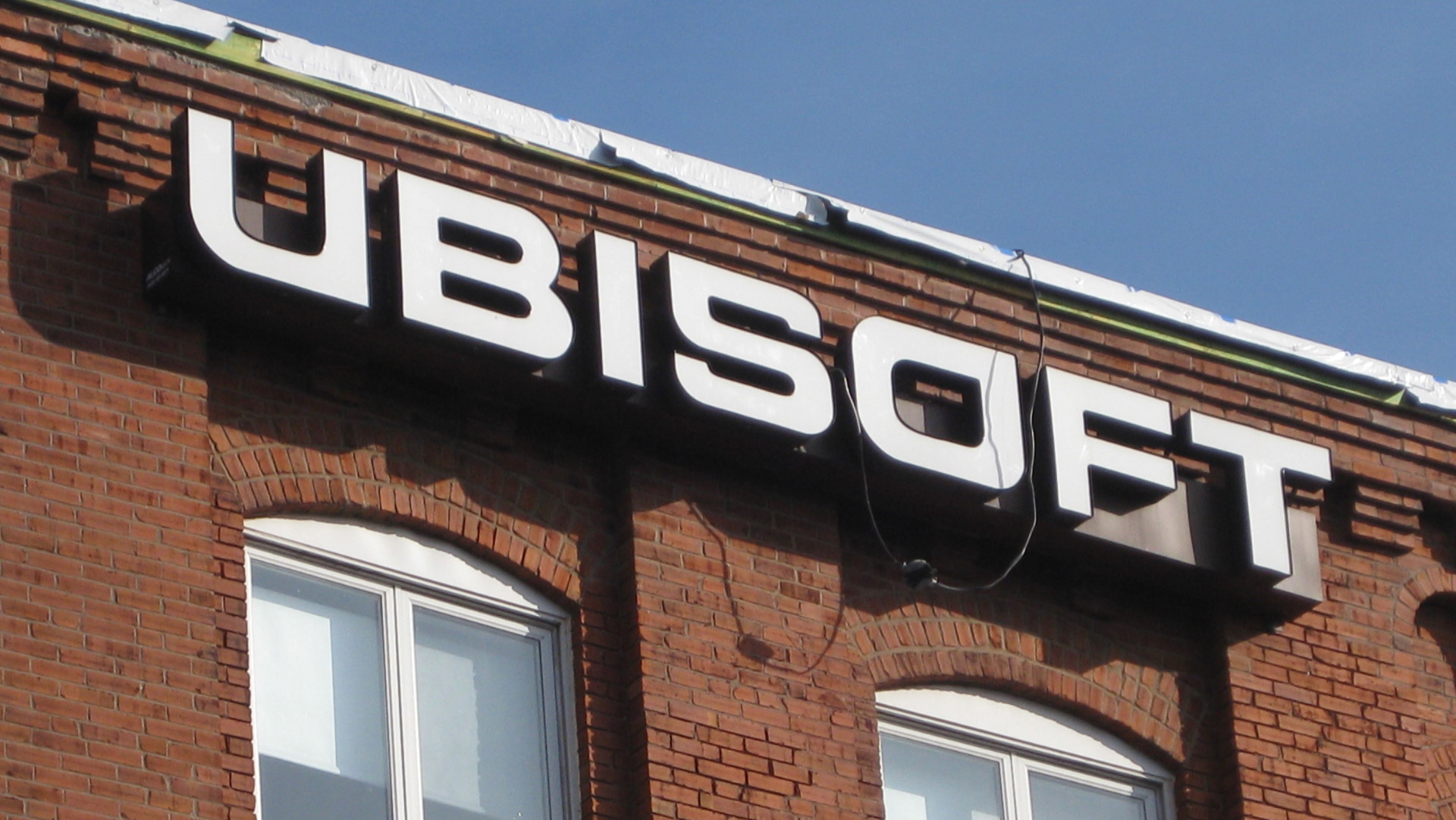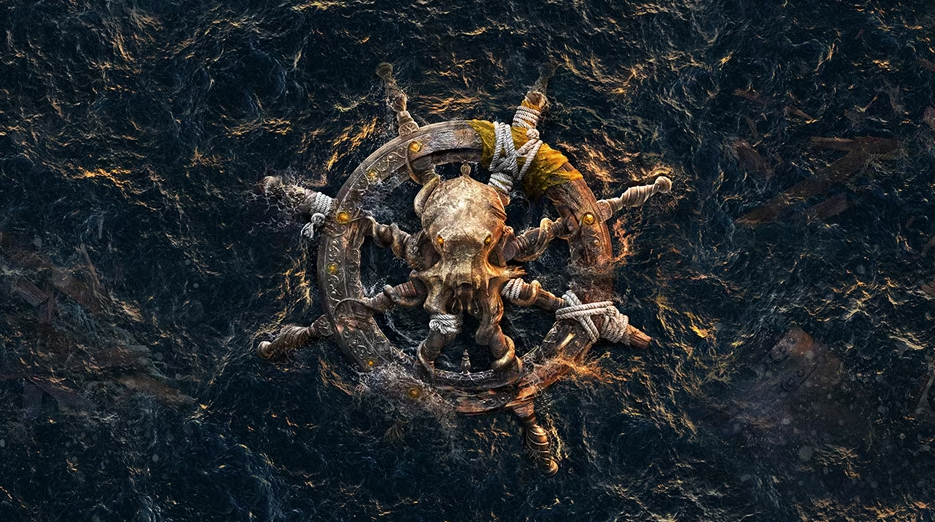Kadve
Member

The layoffs continue: Ubisoft cuts 124 jobs worldwide, including nearly 100 in Canada
The publisher said the job cuts do not affect its game production teams.
The game industry has suffered yet another round of layoffs, as Ubisoft confirms that it has cut 124 employees worldwide as part of an ongoing restructuring effort. The bulk of that number, 98 in total, were let go from Ubisoft's business administrative services and IT in Canada, as well as the Hybride VFX studio in Montreal.
Hybride's website describes it as "part of the techno-creative family of Ubisoft," but its work is focused primarily on film and television rather than videogames. The studios numerous projects include Tom Clancy's Jack Ryan, Watchmen, The House With a Clock in its Walls, and Kong: Skull Island, along with pretty much every recent Star Wars films and series: Ahsoka, The Mandalorian, The Book of Boba Fett, The Rise of Skywalker, and many others. Ubisoft clarified that Hybride is not part of its major Ubisoft Montreal studio, but is a separate studio based in the same city. According to Mobygames, Hybride's only videogame credit is on Far Cry: Primal.
2023 hasn't been an overly smooth year for Ubisoft. It began with employees at Ubisoft Paris going on strike to protest "catastrophic" comments by CEO Yves Guillemot, who was accused by the Solidaires Informatique union of trying to pin the blame for Ubisoft's financial struggles on employees rather than management. Following that came reports of unrest at multiple Ubisoft studios in Paris, Montpellier, and (via IGN) Montreal, multiple game delays, and an embrace of AI and NFTs that frankly nobody likes.
But it's also been a rough year for the game industry across the board, with layoffs seemingly industry wide. Star Trek Online developer Cryptic Studios cut its workforce just last week as part of Embracer's ongoing financial struggles, Bungie made cuts in October amidst reports of declining Destiny 2 player numbers, and Epic laid off more than 800 people in September just because it was burning too much cash. Other big game companies including Electronic Arts, Activision, Take-Two, and CD Projekt, along with numerous smaller developers, have followed suit.
Last edited:


